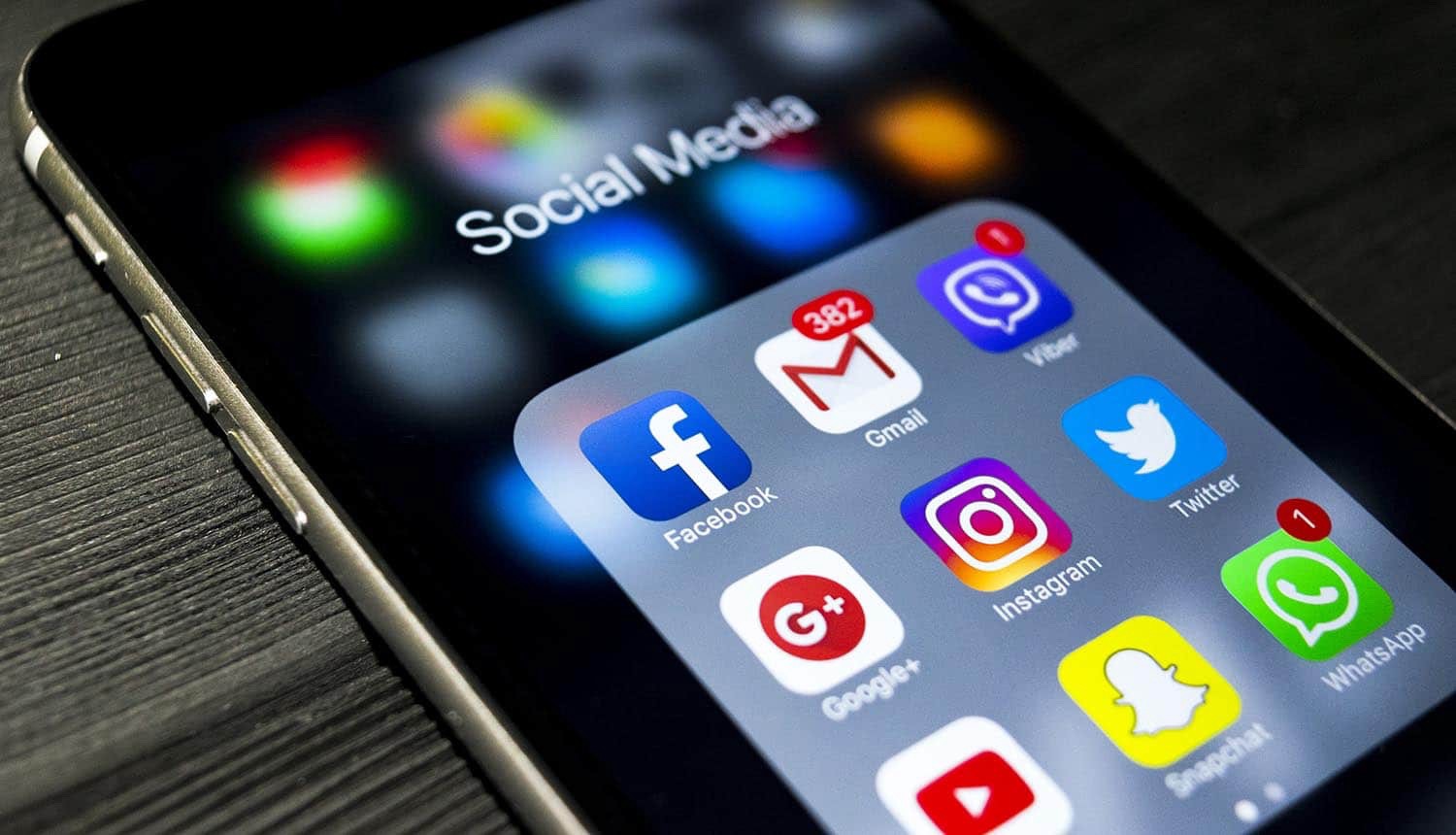Social media platforms allow one to cover up and edit the truth, replacing it with their own idealistic version. Consequently, social media usage can negatively impact one’s body image – resulting from comparison to these ‘ideal’ standards. This often makes young individuals feel like they are set up for failure – they are always comparing themselves to these ‘supermodels’ – asking themselves questions like, Why don’t I look like her? Why is she so pretty? Why does her life seem so perfect? Instagram for instance, is a platform consisting of many young users who are especially vulnerable to external influence – “They are more focused on the opinions of their peers than ever before.” states Lindsey Piercy. This evokes a severely unhealthy mindset amongst the youth of our time, a time where we have normalised wanting to imitate the images and success of others they have seen on social media, and excessively pushing oneself to achieve it. Our society must stop pretending that these problems do not exist, and start making changes.
There have been many cases of celebrities such as Kim Kardashian, Madison Beer, Khloe Kardashian and many more being called out for photoshopping images of themselves to better conform to societal beauty standards. The true impact of their action goes much deeper. Through posting fake images, vulnerable young people are comparing themselves to standards that are impossible to achieve, resulting in their negative self image. According to research by Nicole Spector of NBC news, over 64% of photos posted online are edited. When we were young, we were told to be proud of our differences, our imperfections and uniqueness. The shocking reality is that the same people who propagate this message continue to post photoshopped images to social media. What happened to all the protests about body image? What happened to the millions of people who have committed suicide because of being influenced by these people? We cannot forget this reality and simply move on. We must demand change to make a difference.


This topic shouldn’t come as a surprise to anyone, as it has been a very prominent issue. It is important that we realize that social media and bullying are more and more often linked, as social media provides an ideal platform for those looking to put others down to make themselves feel better. There have been numerous documentaries regarding cyberbullying and its harmful emotional and physical effects on victims, increasing their suicidal tendencies. In fact, students who have been bullied or cyberbullied are 2 times more likely to commit suicide. Victims of cyberbullying are often young people, too scared or unable to speak up about it to their peers and instead resorting to unhealthy coping mechanisms.
All of this can lead to negative consequences such as increased rates of depression and anxiety. There are various factors impacting these rates, one of them being the rising smartphone use. This excessive use has sparked our younger generation to become ‘hooked’ to our phones as if it were a drug. A study from MIT confirmed this by demonstrating that students’ who had their phones confiscated for 24 hours started to suffer with anxiety and confusion during those 24 hours. Suffering from depression and/or anxiety has been linked to increased risk of suicide, supported by the fact that the suicide rate for girls increased by 65% in this group. Every 100 minutes, a teenager commits suicide, and about 20% of teenagers suffer with depression before they reach adulthood. This goes to show how our generation had been negatively impacted by the digital age. There must be a change for this stop, particularly in our collective use of social media and smartphones.
It is critical that we all become aware of this situation and take action. Continuing to scroll through Instagram or other platforms mindlessly definitely will not help fix the problem. A potential solution is an increase in parental supervision. Parent’s increased awareness and involvement in their kids’ life may ensure that kids are less vulnerable and impressionable by the media around them. We must also all educate ourselves on the reality of social media – the image posted for us to see is rarely what goes on behind the screen.


